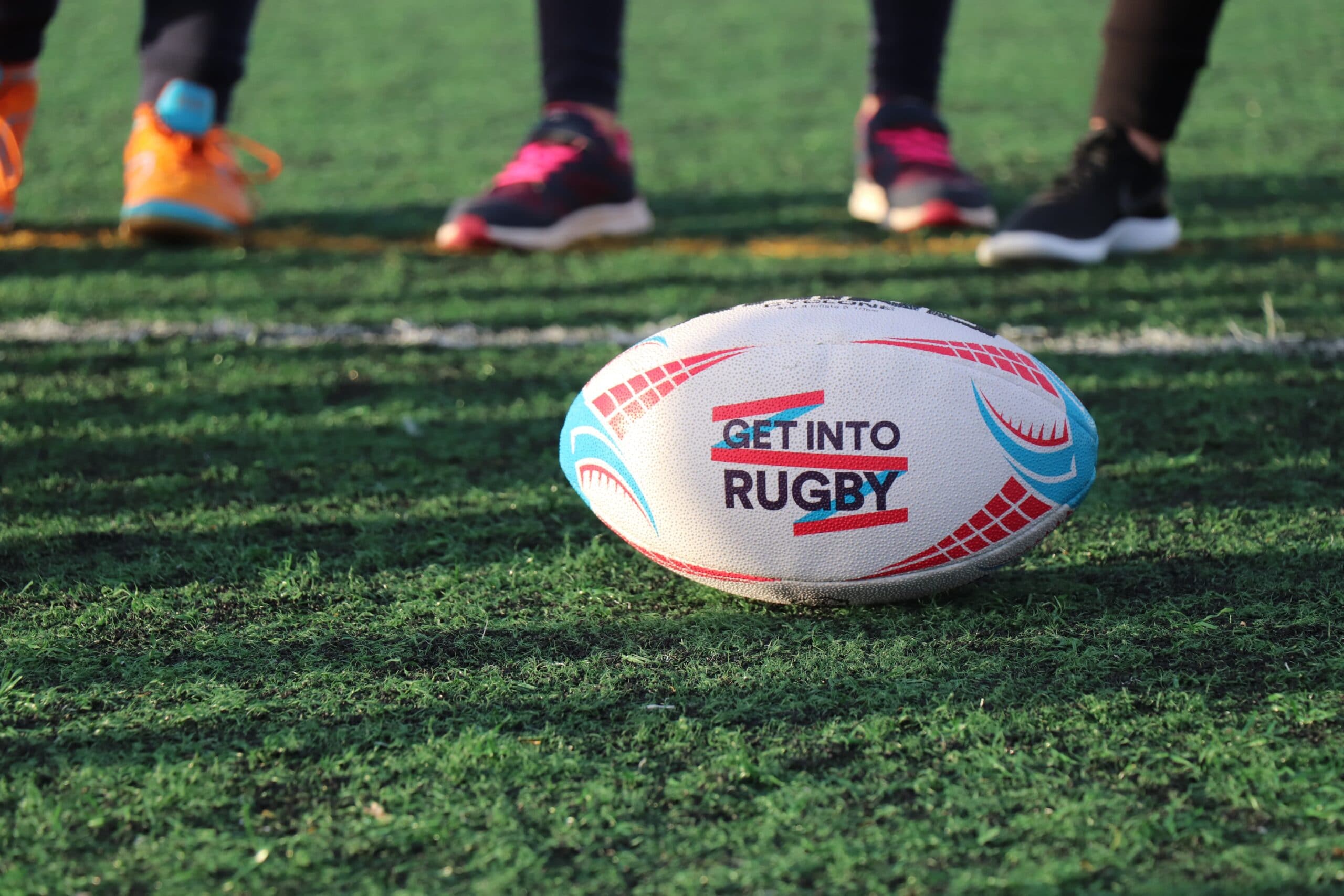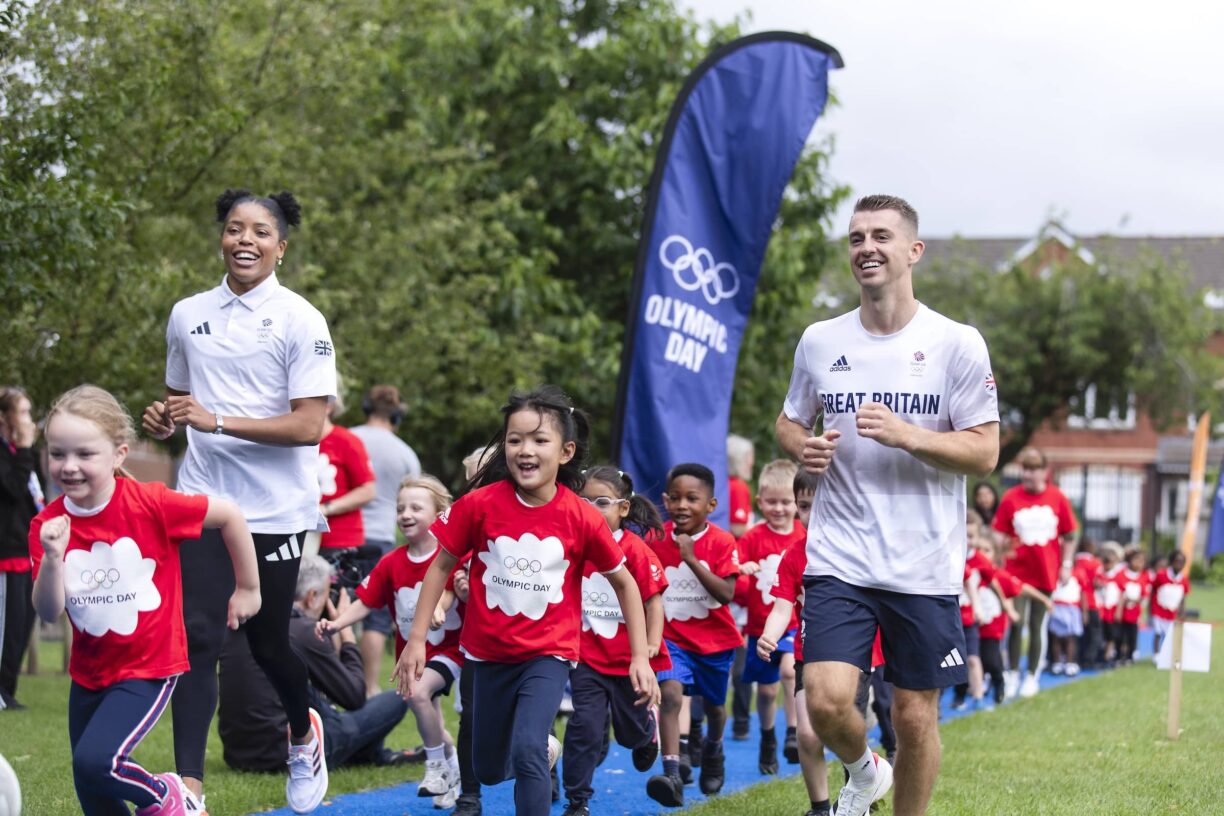World Rugby has approved updated transgender participation guidelines following a comprehensive, collaborative and inclusive review of its existing guidance.
The new guidelines [which can be accessed here] cover the participation of transgender athletes in men’s and women’s contact rugby where it is possible to do so safely and fairly.
As with many other sports, the physiological differences between males and females necessitate dedicated men’s and women’s contact rugby categories for safety and performance reasons.
Given the best available evidence for the effects of testosterone reduction on these physical attributes for transgender women, it was concluded that safety and fairness cannot presently be assured for women competing against transwomen in contact rugby.
As a result, the new guidelines do not recommend that transwomen play women’s contact rugby on safety grounds at the elite and international level of the game where size, strength, power and speed are crucial for both risk and performance, but do not preclude national unions from flexibility in their application of the guidelines at the community level of the game. Transmen are permitted to participate in men’s contact rugby.
World Rugby is committed to regularly reviewing the guidance to monitor and consider any new evidence or research in an inclusive and collaborative manner. This commitment includes the funding and support of more rugby-specific transgender research to further inform injury risk.
Agreement of the guidelines completes a comprehensive and inclusive process chaired by Dr Araba Chintoh that set out to understand whether it was possible to balance inclusivity with safety and fairness in light of growing evidence that the testosterone suppression required by previous transgender regulations does not significantly impact muscle mass, strength or power.
World Rugby undertook three phases of review:
- A ground-breaking workshop that brought together a cross-section of experts for the first time with the objective of understanding the medical, physiological, psychological, risk, socio-ethical and sporting environment. This included transgender community representatives, players, medical, research and rugby experts
- A comprehensive review of the workshop outcomes and learnings to inform the development of guidelines that consider inclusivity in the context of ensuring player safety is not compromised
- A comprehensive and inclusive process of consultation with advocacy groups, player representatives and unions
As a result of this process and based on the available evidence, it was concluded that a balance between safety, fairness and inclusion could not be provided for transwomen playing women’s contact rugby.
Dr Chintoh said: “This has been a complex and emotive process, but a necessary one. We set out to determine whether it would be possible to maintain inclusion in contact rugby based on the available research and evidence and rugby’s unique context of combining strength, power, speed and endurance in a physical, collision environment. As we progressed through a comprehensive and inclusive review, it became clear that there are compelling evidenced safety considerations which we simply cannot ignore.
“Unions will be able to exercise flexibility on a case-by-case basis at the community level of the game, for which the unions are responsible, while World Rugby will continue to prioritise inclusion strategies to ensure that the trans community remain an active, welcome and important member of the rugby family.”
World Rugby Chairman Sir Bill Beaumont added: “Rugby is a welcoming and inclusive sport and, while this has been a difficult decision to make, it has been taken following comprehensive consultation and engagement and for the right reasons, given the risk of injury. That said, we recognise that the science continues to evolve, and we are committed to regularly reviewing these guidelines, always seeking to be inclusive.”





